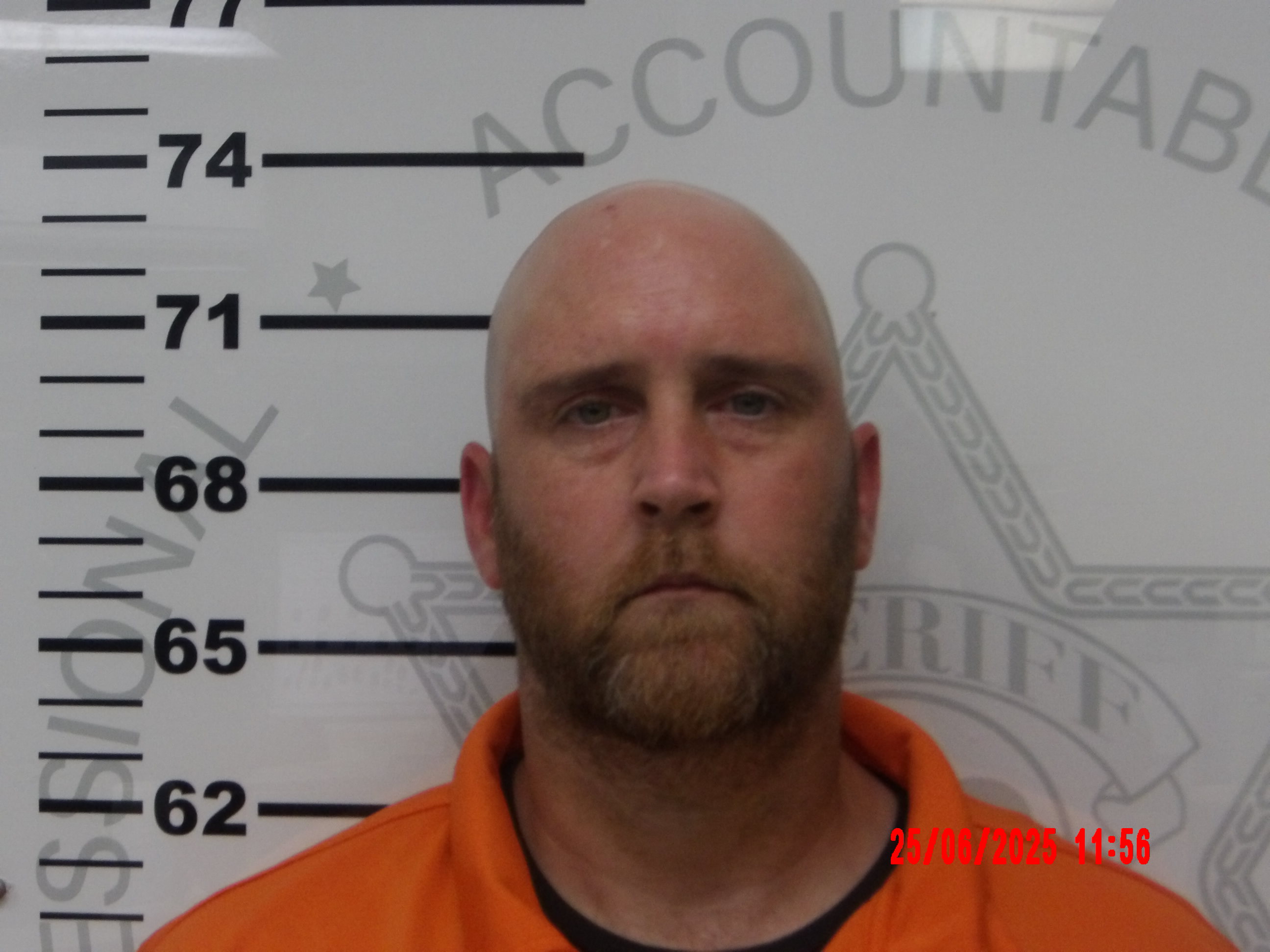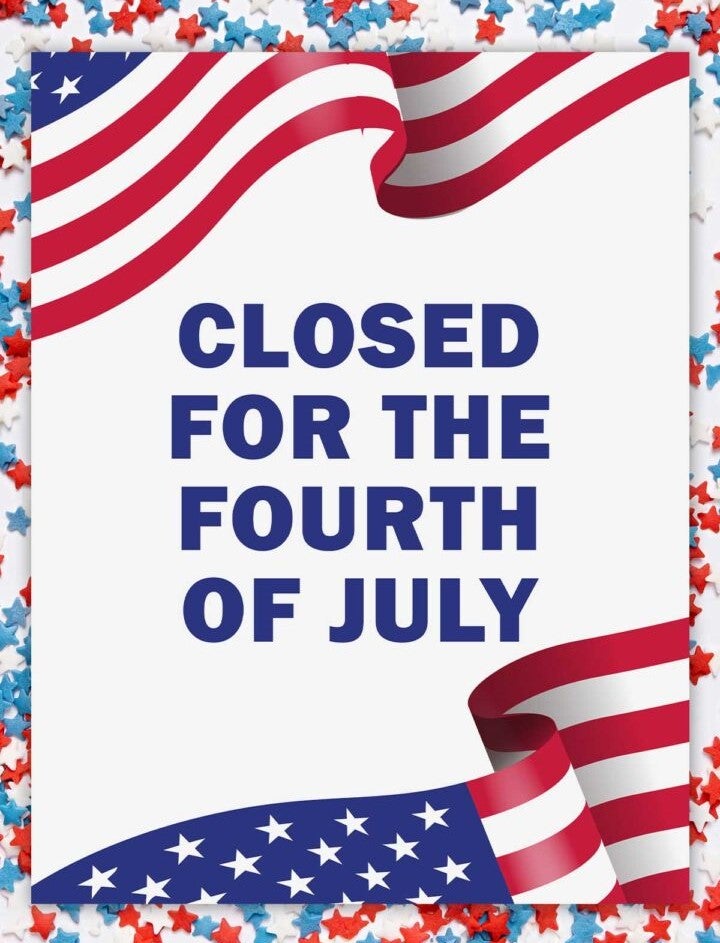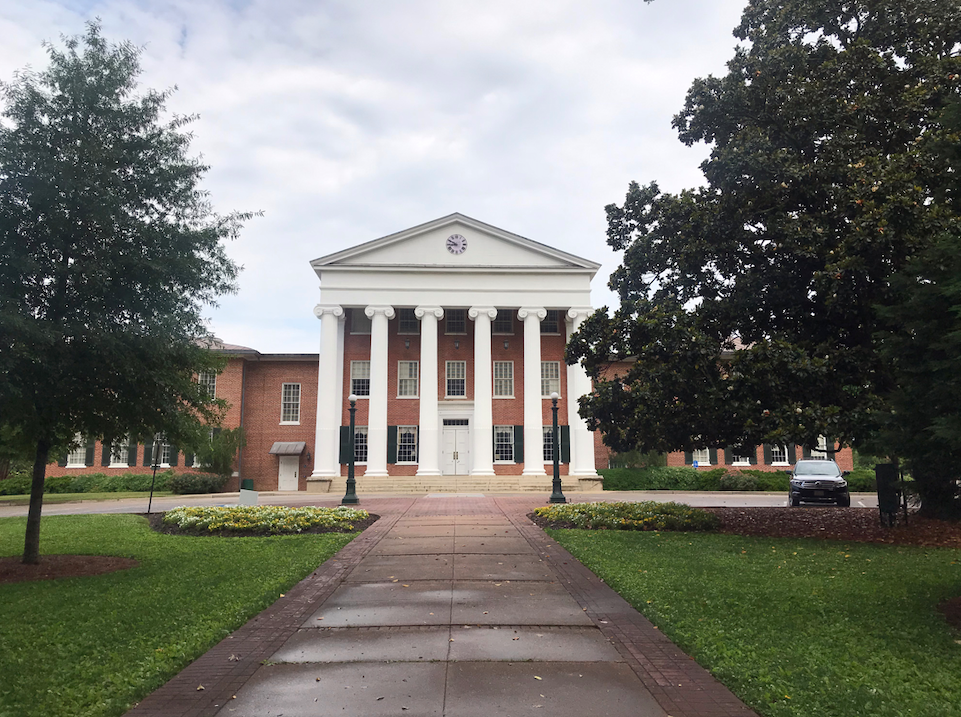My morning with the director of Alcohol, Tobacco and Firearms
Published 6:00 am Sunday, October 15, 2017
By Terry Haller
When cigarettes started going out of style, R. J. Reynolds hired me to get it into product areas out of harm’s way.
We were thinking along food lines. We bought a Chinese food company called Chun King for $64 million. We were thinking a Mexican food company was next and I was reading up on it when the phone rang.
“They tell me you’re a sharp guy, are they right?” I don’t know the voice, but I know a Brooklyn accent when I hear it.
“Who’s this?” I ask.
“Manny, in Legal,” he says. “I’m a lawyer,” he adds, in case I’m slow. “I’m on 18. Can you come up?”
The whole eighteenth floor is Legal. Manny’s office has walnut paneling. Mine’s got cheap wallpaper.
“How’d you like to go to Washington with me tomorrow?” Manny asks.
“I think the cherry blossoms are over,” I quip. In advertising, we used humor as a management technique. It cloaked our furtive plans for seizing control of the company.
“Your little cigar’s got the nation’s capital in an uproar, especially at Alcohol, Tobacco and Firearms,” he says. A sheepskin on Manny’s wall says he’s up-to-snuff for cases in the Supreme Court. It looks like this guy is the real deal.
“You mean Winchester Little Cigars? Nothing to do with me,” I say. “I haven’t done anything on tobacco products in weeks.”
Little cigars are new to RJR. They’re tempting because of their high-profit margins. And that’s because, for some crazy reason I never understood, their excise tax was lower than cigarettes. (Maybe there was a strong Congressional cigar-smoking caucus.)
“ATF says people claim they’re cigarettes, not cigars. You’ve got to convince the boys at ATF otherwise,” Manny explains. “Otherwise, your little cigar is screwed.”
“Yeah, piece of cake,” I tell him. “But they’re not my little cigars!” I’m thinking it odd there’s a problem. Open a Winchester pack, and the damn cigar smell hits you between the eyes.
It’s my first trip to DC. Manny’s an old hand here. “Let’s take a shortcut,” he says, and we go in the front door of the Smithsonian and out the back. Right across the street is the ATF building. “It’s where Eliot Ness once worked,” Manny tells me.
We are ushered into the director’s office. He has a big desk with two mounted American flags riding shotgun. He seems awfully young to be the head revenooer. My mind wanders. I see him chasing Robert Mitchum’s souped-up ’51 Ford through the back hills of Tennessee.
The director pushes a button, and a sheepish government clerk shuffles in through a side door. He forgets to say hello. The director introduces him as “Fred.” He says Fred runs the lab. Fred glares at us. He doesn’t want to be here.
“Fred, tell these gentlemen how you did your tests on their little cigar.”
This gets embarrassing. All Fred did was ask people to light up and tell him what they were smoking. Good enough for government work, maybe, but scientifically flawed.
“Fred, look, I don’t think you can test these things in a vacuum,” I explain as calmly as I can. “When we advertise them, we’re going to tell everybody they’re little cigars,” I say. “It’s often called the halo effect.”
The director is grinning. He’s enjoying this. Fred isn’t.
“If it’s a cigar, they should be able to tell,” Fred argues.
“Well, you didn’t have any control product. How many would say a Havana is just a cigarette? You gotta test our little cigar versus a normal cigarette to see if folks can tell the difference,” I say. I wait to see if they’re buying this.
“Tell Fred exactly how you think such a test should be done,” the director says. He’s bought our argument. So far, so good.
“Fred, have your respondents smoke our little cigar, then they take a sip of water to prevent sensory fatigue, then they smoke a regular cigarette, and then….” I begin to explain.
“How am I supposed to give them water?” Fred blurts.
“We use little two-ounce paper cups. I can send you some,” I tell him. Fred is visibly addled.
Manny, silent up to now, leans over to me and whispers in his Brooklyn accent: “This is the off-stage voice speaking.”
I know exactly where this is going. There was an old 1940s radio show when we were both kids, called Truth or Consequences. Contestants had to do something stupid, but there’d be a catch to it they weren’t told about, and which the “off-stage voice” would explain. Manny, like me, was a Truth or Consequences fan as a kid.
Manny continues in my ear: “What Fred doesn’t know is that each paper cup has a tiny hole in the rim, so that when people drink, water will dribble down their shirts.”
This catches me off guard. It’s so zany I start to lose control. I strain to suppress my laughter. I bite my tongue. I hold my breath. Nothing works. The director doesn’t mind though.
The tobacco industry struggled on. Winchesters became the top little cigar brand, but it was a declining market segment. Reynolds divested the brand in 1987. Some people thought Winchesters might be less harmful than cigarettes because people wouldn’t inhale them. Observers said most people inhaled them anyways. The RJR food diversification program peaked and declined. The Chun King brand ended up with ConAgra and was discontinued in the mid-1990s. Though fewer people smoked each year, tobacco companies simply raised their prices and flourished.
Terry Haller lives in Oxford, Miss.





